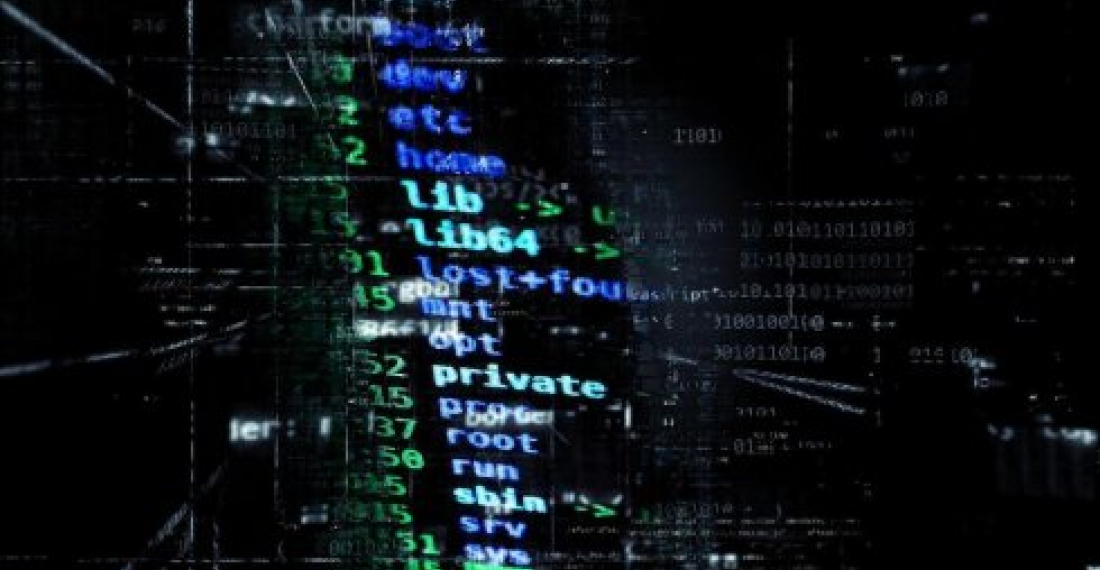- Armenia-Azerbaijan Strategic Expert Platform: Members emphasise the importance of the present moment for the South Caucasus and call for the momentum to be used for the long-term peace and prosperity of the region
- Thursday Interview: Dr. Anar Valiyev
- Food insecurity in Somalia has nearly doubled in the past year
- Türkiye evaluating potential measures in case of a US-Iran conflict
- European Parliament reaffirms support for Ukraine and EU Path
- EU moves ahead with Ukraine loan preparations despite Hungarian block
Stay safe online

As we come to an end of another week in the shadow of COVID-19, a number of sources are warning of heightened risk of online scams and hacks. William Murray takes a look for commonspace.eu
Over the last few months, all over the world, people have been working together to help make this crisis as manageable for each other as possible. This feels far from what we are told to expect - as Rutger Bregman writes in his recent book De Meeste Mensen Deugen [published in English as Humankind but best translated as ‘Most people are good'], the mainstream media, film and television, constantly suggest that at the slightest whiff of crisis, human beings will turn on each other and revert to their purported natural dog-eat-dog form [1]. Far from this, we have seen the vast majority of people make drastic changes to their lives, older (even at-risk) healthcare staff heeding the call and coming out of retirement, and great swathes of people volunteering to help the older and more vulnerable within our societies.
However, whilst - indeed - the vast majority of people have defied the selfish stereotype, a small minority people have attempted to profit on the ongoing chaos. The pandemic and necessity for us to stay in our houses has increased our reliance on the internet immeasurably. But whilst younger people are used to spending a lot of time using their phones and computers, older generations are now forced to use this technology in order to stay connected with the outside world. As David P. Fidler, Cybersecurity and Global Health expert, wrote this week in a blog post for the Council of Foreign Relations, "In cyberspace, dependence creates vulnerability, and malicious attempts to exploit this sudden, unplanned societal shift online have proliferated." [2] Even before the crisis, Europol warned that cybercrime was continuing to mature and become bolder [3] and last month, President of the European Commission, Ursula von der Leyen, reported that cybercrime was indeed on the up due to the crisis [4].
Following a number of reports of criminals falsely claiming to be the World Health Organization to get access to people's private information, the organisation has published a few basic things for people to remember. The WHO will:
- never ask for your username or password to access safety information;
- never email attachments you didn't ask for;
- never ask you to visit a link outside of www.who.int;
- never charge money to apply for a job, register for a conference, or reserve a hotel;
- never conduct lotteries or offer prizes, grants, certificates or funding through email [5].
More generally, ‘StaySafeOnline.org' offers a selection of things to consider when you are on internet-connected devices to make things as safe as possible [6]. If you have loved ones that are a little bit older and may be more vulnerable, it is worth checking in with them to lower their risk of being targeted by scammers online.
Source: William Murray, Project Officer and Coordinator at LINKS Europe, for commonspace.eu
Featured references:
[1] R. Bregman - ‘De Meeste Mensen Deugen': https://decorrespondent.nl/demeestemensendeugen
[2] D.P. Fidler - ‘Cybersecurity in the Time of COVID-19': https://www.cfr.org/blog/cybersecurity-time-covid-19
[3] Europol - ‘Cybercrime is Becoming Bolder with Data at the Centre Of The Crime Scene': https://www.europol.europa.eu/newsroom/news/cybercrime-becoming-bolder-data-centre-of-crime-scene
[4] EU Observer - ‘Cybercrime rises during coronavirus pandemic': https://euobserver.com/coronavirus/147869
[5] The WHO - ‘Beware of criminals pretending to be WHO': https://www.who.int/about/communications/cyber-security
[6] staysafeonline.org - Online Cybersecurity Advice For All Digital Citizens': https://staysafeonline.org/wp-content/uploads/2017/09/Online-Cybersecurity-Advice-for-All-Digital-Citizens-tip-sheet-NCSAM.pdf








